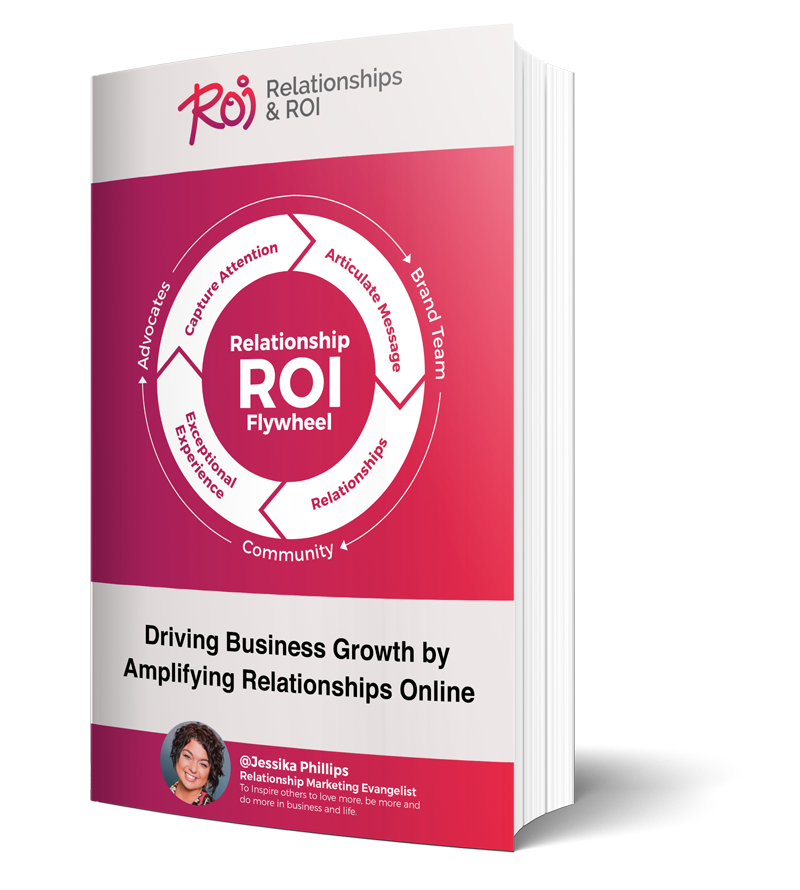Artificial Intelligence (AI) is revolutionizing the business landscape, offering small businesses tools and capabilities that were once the exclusive domain of larger enterprises. Here are several ways AI is helping small businesses compete:
1. Enhanced Customer Service AI-powered chatbots and virtual assistants provide small businesses with the ability to offer 24/7 customer service without the need for a large support team.
Example:
Tawk.to is a free messaging app that allows small businesses to add chat functionality to their websites. The AI-driven chatbots handle common queries, freeing up human agents to deal with more complex issues.
Ai meeting note taker like Fireflies.ai or Otter.ai joins and takes notes, records the meeting and summaries the meeting for everyone
2. Personalized Marketing
AI tools analyze customer data to create highly targeted marketing campaigns, making it possible for small businesses to deliver personalized experiences to their customers.

Examples:
Mailchimp uses AI to optimize email marketing campaigns by suggesting the best times to send emails, segmenting audiences, and even crafting subject lines that are more likely to engage recipients.
Canva AI for images – We created a full brand-kit of images for Stronger Women
Web and Social Audits
Suno.com – Custom Songs for Stronger Women, NOW Marketing Group and my personal brand.
Training with AI- CoPilot to help train and explain ie Analytics, Insights or new marketing ideas. Practicing presentations (PowerPoint)
3. Inventory Management AI helps small businesses manage inventory more efficiently by predicting demand and optimizing stock levels, thereby reducing costs associated with overstocking or stockouts.
Example:
Clear Spider is an inventory management software that uses AI to forecast demand based on historical data, current market trends, and other variables, ensuring that small businesses maintain optimal inventory levels.
4. Financial Management
AI-driven financial tools help small businesses with accounting, expense tracking, and financial planning, reducing the time and errors associated with manual processes.
Example:
QuickBooks Online incorporates AI to categorize expenses, match receipts, and provide insights into cash flow. This automation helps small business owners keep their finances in order with minimal effort.
5. Human Resources and Recruiting
AI tools streamline the hiring process by screening resumes, scheduling interviews, and even assessing candidate fit through predictive analytics.
Example:
JazzHR uses AI to scan resumes for keywords, rank applicants based on fit, and schedule interviews. This helps small businesses find the right talent quickly and efficiently.
6. Customer Insights and Analytics AI analyzes customer data to provide deep insights into behavior and preferences, enabling small businesses to make data-driven decisions.
Example:
Tableau offers advanced analytics and data visualization tools powered by AI, allowing small businesses to understand their customers better and identify trends that can inform strategic decisions.
7. Sales and Lead Generation
AI assists in identifying potential customers and nurturing leads through personalized interactions and follow-ups.
Example:
HubSpot CRM uses AI to score leads based on their likelihood to convert, automate follow-up emails, and provide sales teams with insights on the best ways to engage with prospects.
8. Content Creation
AI tools assist in generating content for websites, social media, and marketing materials, ensuring that small businesses can maintain a strong online presence.
Example:
Copy.ai uses AI to create marketing copy, blog posts, social media content, and more. This allows small businesses to produce high-quality content quickly and affordably.
Chatgpt – rewrite this blog for a social post
9. Operational Efficiency
AI-driven automation tools handle repetitive tasks, allowing small business owners to focus on strategic initiatives.

Example:
Zapier automates workflows by connecting different apps and services, enabling small businesses to automate tasks such as data entry, social media posting, and customer follow-ups without manual intervention.
AI is leveling the playing field for small businesses, providing them with tools that enhance efficiency, customer engagement, and decision-making. By leveraging AI, small businesses can compete more effectively with larger enterprises, offering high-quality service and personalized experiences that meet the evolving demands of their customers.
10. Data Visualization, Data Mining, and Machine Learning
This is a scalable, free tool that can grow with the usere’s skills. You can use it to visualize, analyze and mine data without knowing any code. You can also use its AI widgets to perform supervised and unsupervised machine learning and make predictions. It has add-ons of image analysis, bioinformatics, text mining, and geospatial data analysis among others. This tool also interfaces with Python and R, so, as a user gains those skills, they can make Orange even more powerful. Compare this to tools such as Tableau and PowerBi.
Orange has excellent documentation and how-to videos to get your started. There is also a robust community of users who share insights and how-to’s.
Example:
A manufacturer has a file of data points of its machines including notation of machine failure. Those data can be read into Orange and analyzed to identify predictors of machine failure and help the company perform preventive maintenance to avert a costly failure.









Comments